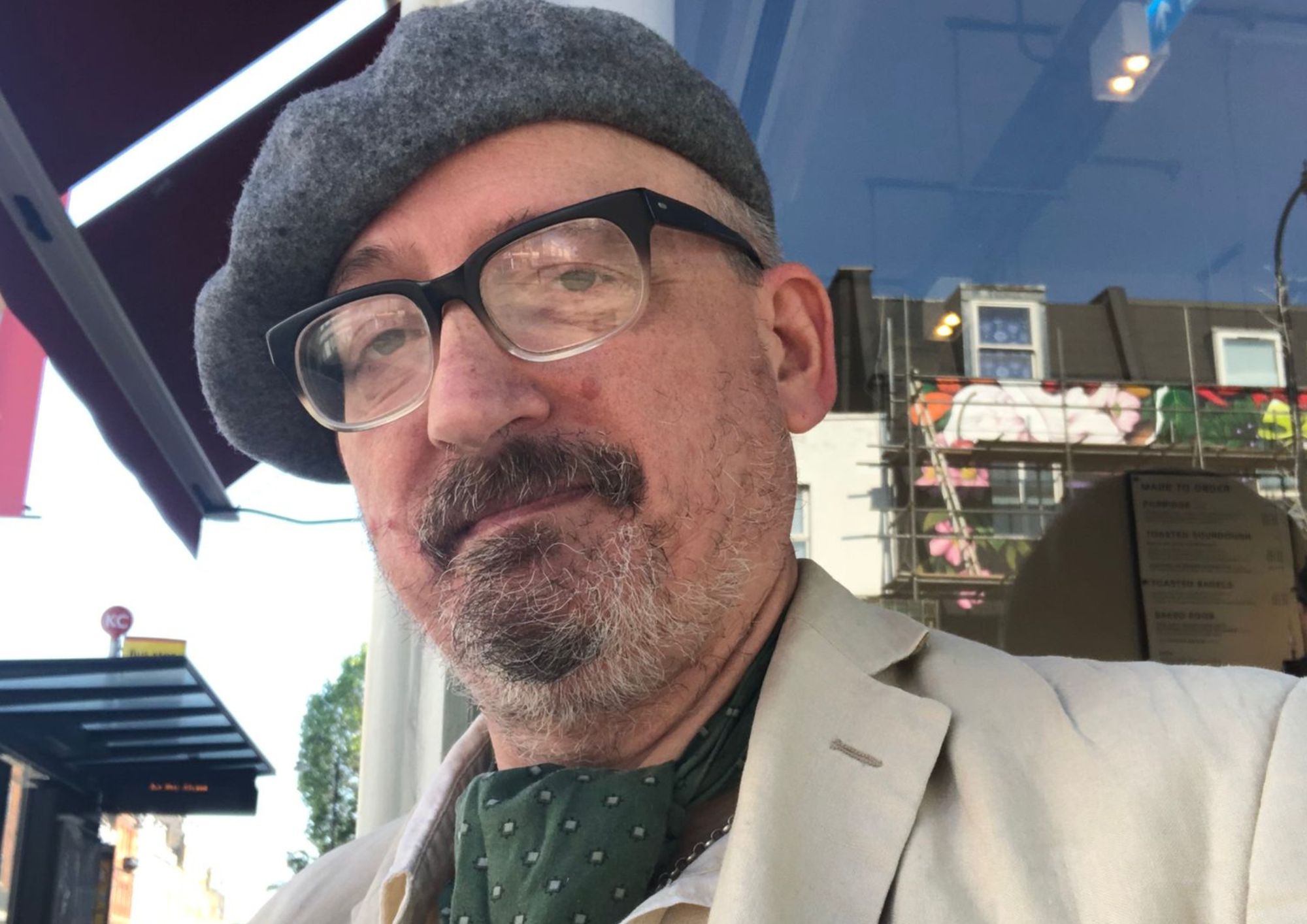‘Judges know more about their gentleman's club wine than disability rights’
John Horan was flying high in the legal world but then suffered a stroke
Friday, 5th January — By Anna Lamche

John Horan
AT the turn of the millennium, John Horan had just embarked on a promising legal career.
He was a “middle-class, heterosexual, able-bodied man” who had been educated at private school, then Oxbridge, before training for the bar. Things were going well. Still in his early 30s, he had been “poached” to join Cloisters, a prestigious legal firm, and was earning a large salary.
But on New Year’s Eve 1999 everything changed: Mr Horan had a stroke that left him partially paralysed.
Few believed he could return to work. Of the 85 solicitors he had previously worked with, “after the stroke precisely one solicitor stayed with me”.
But Mr Horan, who lives in Gospel Oak, defied all expectations. He returned to his chambers 16 months later and began taking on no-fee work, proving himself to be a distinguished discrimination lawyer. In the intervening years he has won numerous legal battles fighting for the rights of disabled people and other marginalised groups. He has fought judges to make “reasonable adjustments” so vulnerable people can more easily access justice.
He told the New Journal that the stroke was “the worst thing that ever happened to me and I wouldn’t wish it on my worst enemy, but it was the making of me”.
It was only after the stroke that he came to fully appreciate the scale and weight of the injustices minority groups face.
He said: “I am humbled when I think of the disabled community, the LGBT community, women and their rights, black people and their rights… I pause because I’m not saying I know what the entire story is, because I’m not of that group, but I absolutely understand.”
But he warned “vulnerable people” seeking legal representation still face a number of barriers to accessing justice – including a lack of funding and the preponderance of old-fashioned attitudes and prejudices among those working in the industry. In the past 10 years funding for legal aid has been cut, meaning it has become more difficult for disabled people to access free legal advice or representation in discrimination cases.
Funding for law centres has also been slashed and Mr Horan said: “The law centres are a ghost of what they used to be 20 years ago.”
And according to the barrister, his profession is still dominated by those with old-fashioned views and prejudices.
For Mr Horan, this is most clearly shown by the fact that a significant minority of senior judges belong to the Garrick Club, a private club that does not accept female members. It’s his view that it is not possible for a judge to commit themselves to ensuring equality before the law while belonging to a gentlemen’s club.
He said: “No lay people ever know that the Garrick Club is the home of the unofficial judges’ committee… and the judges’ committee is male and white and heterosexual and able-bodied.
“The disabled community are going: come on, judges, you could do better. But no – they’re in the Garrick Club as long as they can drink their wine and pontificate about whatever they need to pontificate about.”
Mr Horan says many judges and practitioners of the law still have not read the Equal Treatment Bench Book, a key reference book providing guidance on the fair treatment of vulnerable people in courts and tribunals.
He is still fighting to change the law, and the processes surrounding access to justice, to protect the rights of disabled people and other minorities as they move through the courts.
He said: “If you look at the map of your brain, between a fourth and a fifth portion of my brain is now destroyed, it’s that stark. But what more than makes up for that is that it opened up empathy.
“With between a quarter and a fifth of my brain destroyed, I have learned so much that I’m grateful for.”


